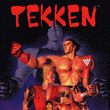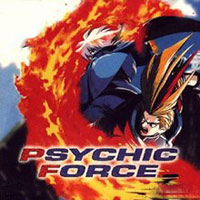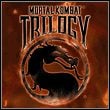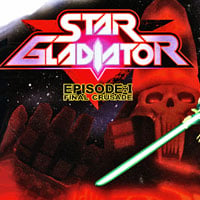Fighting PlayStation 1 Games
Show only rated games
Genres / Themes
Suggestions for you:
Browse genres/themes:
Your Selection:
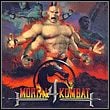
Mortal Kombat 4
Fighting
June 24, 1998
The fourth installment of the popular series of fights and, at the same time, the first, in which the clashes take place in three-dimensional arenas. The title has retained all the elements characteristic of the cycle, including brutal finishers on defeated enemies.

Battle Arena Toshinden
Fighting
September 9, 1995
A three-dimensional fight in which players meet in delineated three-dimensional arenas, fighting with each other with the use of weapons and various special attacks. The background to the game is the legendary Toshinden tournament, organized by a mysterious sponsor named Gaia.
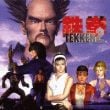
Tekken 2
Fighting
March 29, 1996
Reedition of the second part of the cult fight from the PS One console. The action of the game takes place 2 years after the events known from its predecessor and concentrates around the next martial arts tournament, in which Kazuya Mishima and his father Heihachi, among others, will once again face each other. The game offers a total of 25 playable characters, including 8 brand new ones. The tactics of combat was significantly expanded, and warriors gained a large array of new plays.

Bloody Roar: Hyper Beast Duel
Fighting
October 31, 1997
A three-dimensional fight in which warriors can transform themselves into animal equivalents such as a wolf, tiger or rabbit. As beasts, the characters are much stronger, but taking too many blows leads to becoming an ordinary person again, which makes the whole mechanism an important tactical element of the clashes.
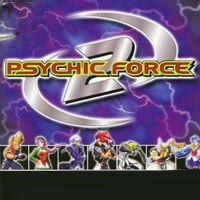
Psychic Force 2
Fighting
October 7, 1999
Converted from slot machines, a three-dimensional fight in which people endowed with extraordinary abilities fight. The production is distinguished by the specific mechanics of rolling clashes and the fact that they take place in oval cages where warriors levitate.
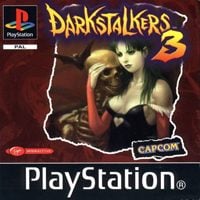
Darkstalkers 3
Fighting
November 18, 1998
Third installment of a series of two-dimensional beats produced by Capcom. As in the previous parts of the series, the game presents duels between monsters of horror, legends and legends. Among the playable characters we will find vampires, succubus, werewolves, and even an award hunter with a look reminiscent of a Red Riding Hood. The title also introduces bold changes in the mechanics of the game, resigning from the classic division into rounds.
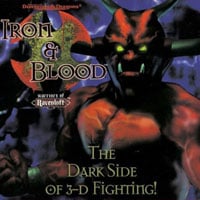
Iron & Blood: Warriors of Ravenloft
Fighting
October 31, 1996
Bijatyka developed by Take-Two Interactive, which takes us to the world of Ravenloft. In Iron & Blood: Warriors of Ravenloft we find ourselves in the middle of a conflict between the forces of order and chaos, whose aim is to conquer ancient artifacts. The title has a fictional campaign, which can be completed alone or in cooperation with another player.
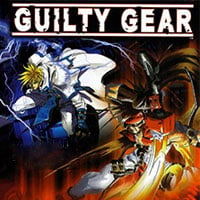
Guilty Gear
Fighting
May 14, 1998
A two-dimensional brawl that debuted on PlayStation 1, and after many years also reached other platforms. Guilty Gear takes us into the future, when man-made, animated weapons have turned against their creators; as we struggle, we participate in a tournament whose winner will have to face their leader, the Testament.
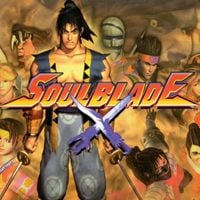
Soul Blade
Fighting
January 1, 1997
Three-dimensional brawl published by Tekken series producer, Namco. Soul Blade focuses on spectacular battles on swords and other white weapons. The plot of the production tells the story of brave warriors who travel around the world in search of a legendary sword that gives it a great power to the person holding it.
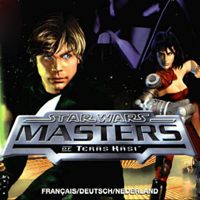
Star Wars: Masters of Teräs Käsi
Fighting
October 31, 1997
A whip set in the world of Star Wars created by George Lucas. The production is a fully three-dimensional representation of its species, thanks to which the characters can move along all three planes. The game allows you to play iconic characters such as Luke Skywalker, Han Solo and Princess Leia.
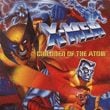
X-Men: Children of the Atom
Fighting
February 1, 1998
X-Men: Children of the Atom is a 2D skillful fight with the protagonists of the popular series of comic books by Marvel publishing house. Originally, the title was released in 1994 as a version for Capcom gaming machines (CP System II). The PC port was prepared by Probe Entertainment studio.
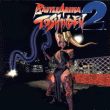
Battle Arena Toshinden 2
Fighting
May 23, 1996
Continuation of the three-dimensional fight of the Japanese Tamsoft studio. In the game we take part in the next edition of Toshinden tournament, organized by the mysterious organization Secret Society. The title offers 3 new warriors, new blows, a new combos system and a handful of improvements in mechanics.
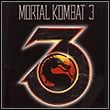
Mortal Kombat 3
Fighting
October 6, 1995
Mortal Kombat 3 is the third part of one of the most popular series of skill battles, for which Midway Games development team is responsible. The creators remained faithful to the gameplay rules known from earlier editions of the cycle, increasing the number of available warriors, arenas, special attacks and blows ending the fight.
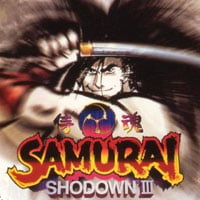
Samurai Shodown III
Fighting
August 30, 1996
The third installment of a series of two-dimensional battles, in which players take control over the masters of white weapons from different parts of the world. The production of SNK studio brought a number of changes in the mechanics of leading clashes and almost completely departed from the current design.
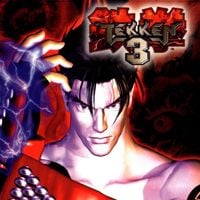
Tekken 3
Fighting
April 29, 1998
The third installment of the cult series of three-dimensional fights. The action of Tekken 3 takes place a dozen or so years after its predecessor, which served as a pretext for exchanging a large part of playable characters. The production introduced a lot of changes to the gameplay mechanisms, putting a bigger aspect on rolling fights in full three-dimensional and limiting the height of jumps.

Wu-Tang: Taste the Pain
Fighting
November 30, 1999
A three-dimensional fight that can be played simultaneously by up to four players. The production takes advantage of the image of the popular music group Wu-Tang, whose members appear as playable characters. In addition to the fun options typical of this genre for many people, the title has a powerful feature mode.
